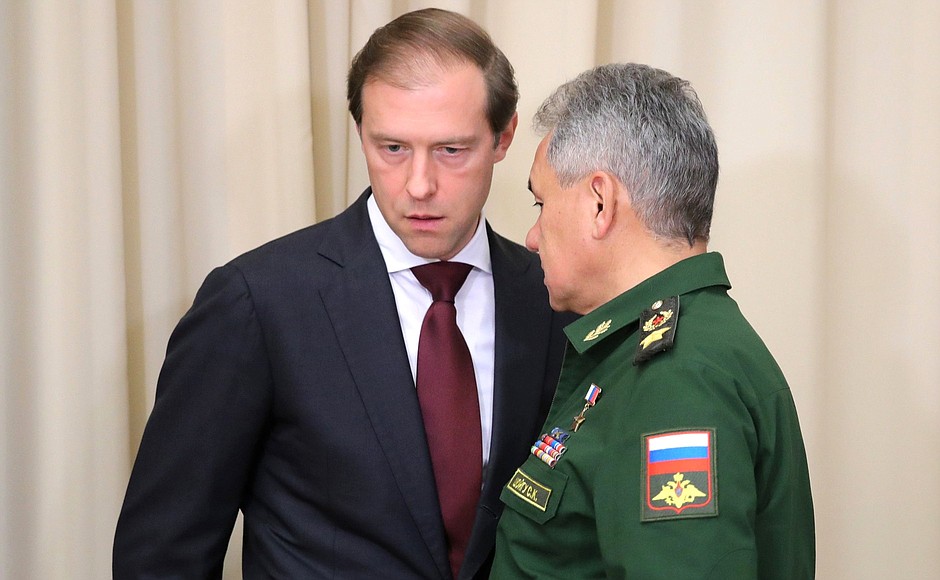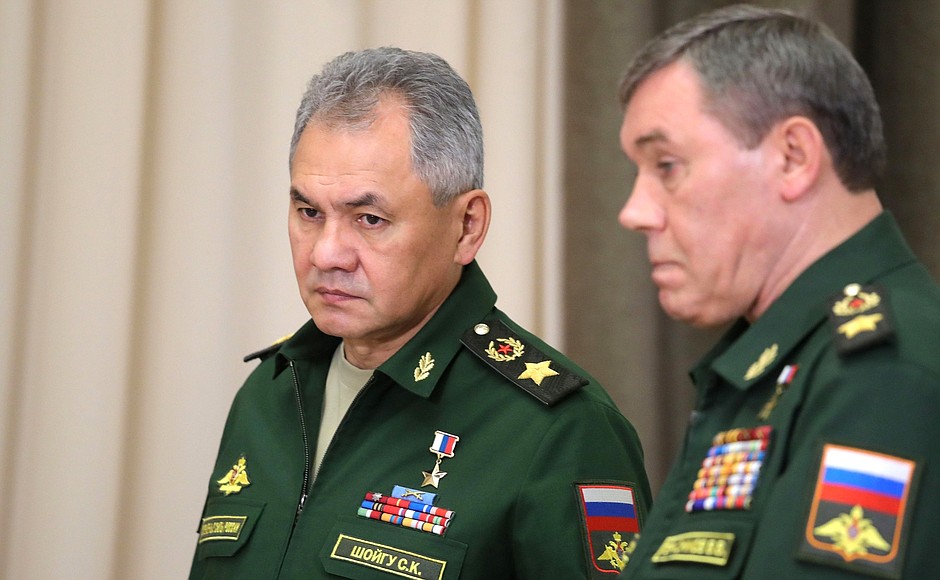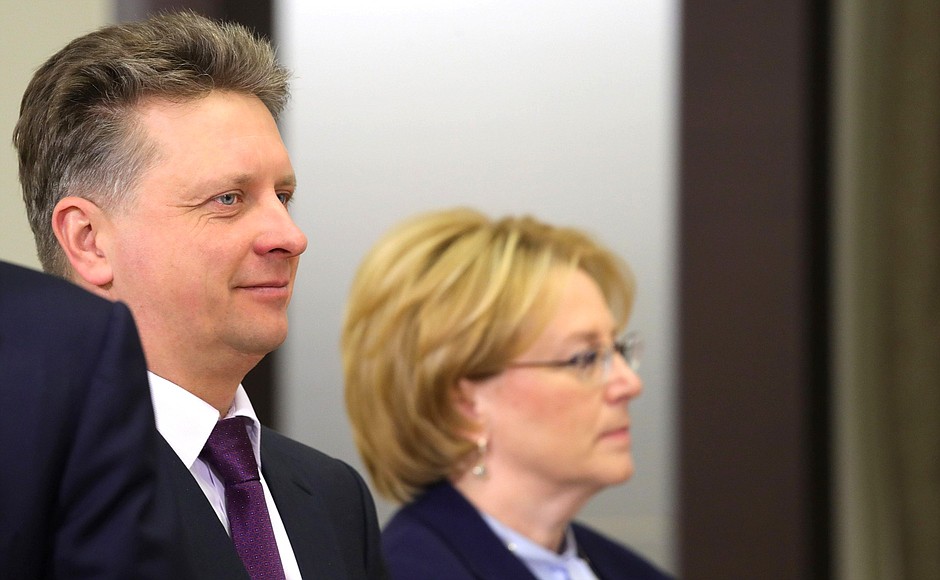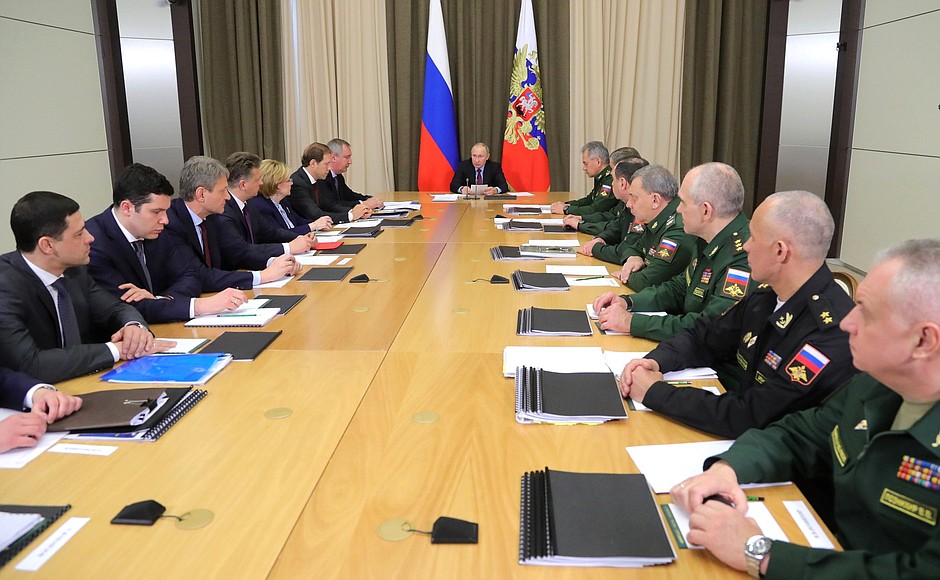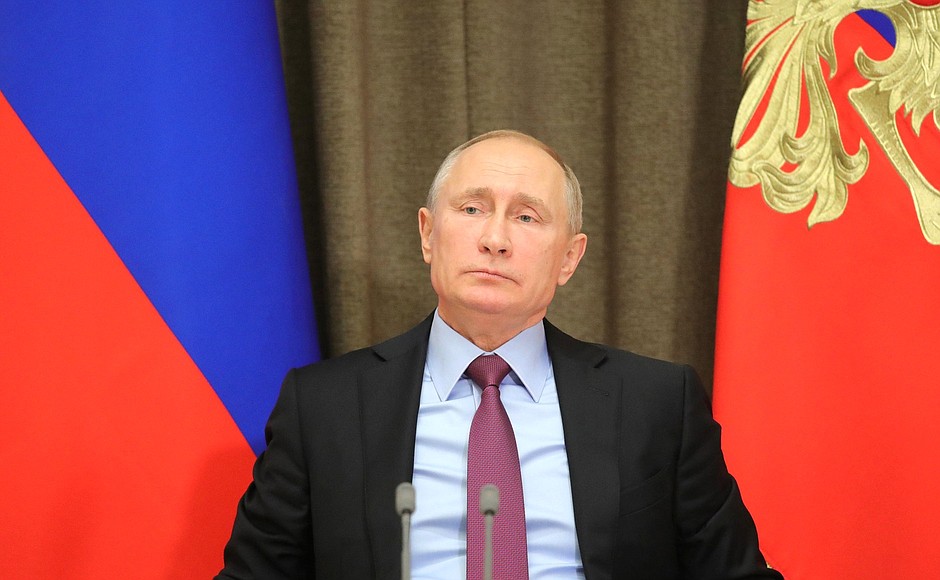President of Russia Vladimir Putin: Good afternoon, colleagues.
I propose that we discuss a key event on our training schedule, the Zapad-2017 strategic military exercise, primarily its civilian aspects as the exercise involved many civilian departments and regions.
Attending this meeting are the heads of ministries and the governors who contributed to the organisation of this exercise. I would like them to speak about their conclusions and proposals regarding the issues that occurred and the aspects that still need to be addressed.
It should be said that several important goals have been attained at the exercise. First, we checked our mobilisation readiness and ability to use local resources to meet the troops’ requirements. Reservists were called up for this exercise, and we also tested the ability of civilian companies to transfer their vehicles and equipment to the armed forces and provide technical protection to transport communications.
We also assessed the provision of transport and logistics services, as well as foods and medicines to the army. We need to review once again the defence companies’ ability to quickly increase output.
The exercise has exposed certain shortcomings. We must analyse them so as to propose additional measures to enhance mobilisation readiness.
I want to say that the economic ability to increase the production of defence products and services quickly is a vital element of military security. All strategic and simply large companies, regardless of the type of ownership, must be able to do this.
We held detailed discussions on this topic in 2015 and 2016. Instructions were issued to modernise production, to create a reserve of material and technical resources, and to ensure the transportation of military personnel. The ministries and agencies are working on this in close cooperation with the Defence Ministry under the guidance of the Board of the Military Industrial Commission. I would like you to make short reports on this work at our meeting today and to say which shortcomings of the past few years have been settled and which are still to be dealt with.
Let us talk about all of this in detail and draw conclusions for the future.
<…>
